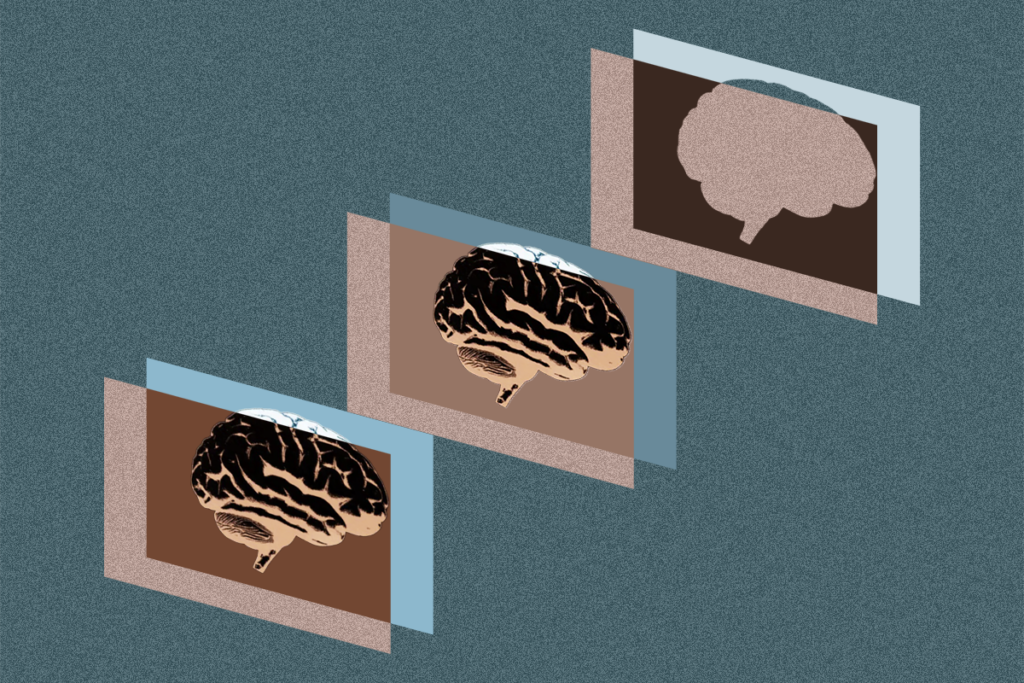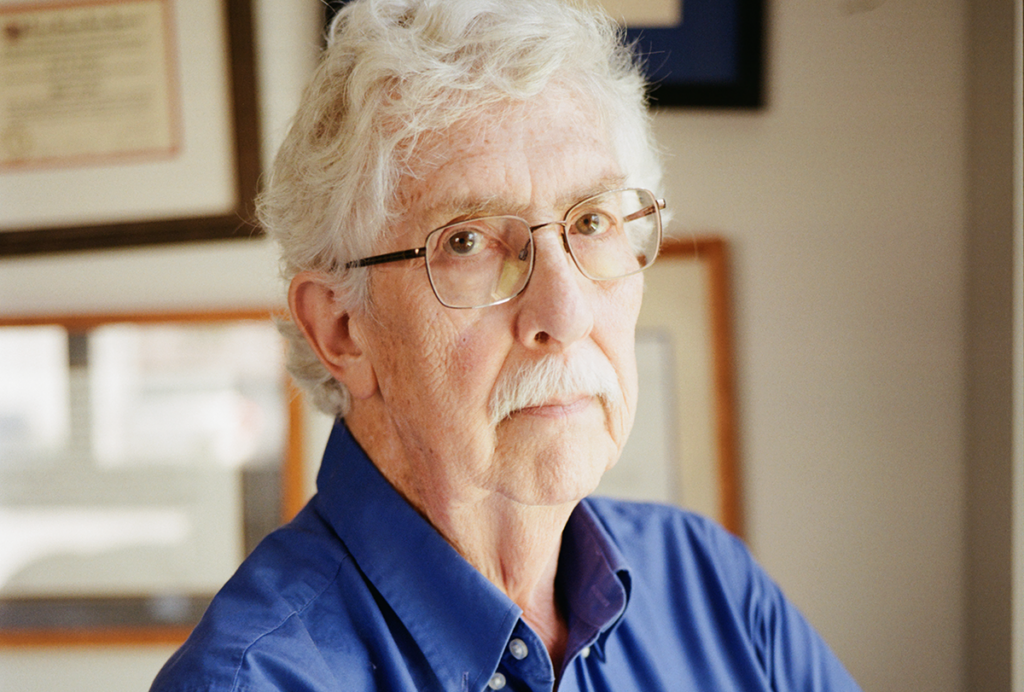RTNS 2012
Recent articles
Better tools needed to assess clinical trials
The past few years have seen an unprecedented number of clinical trials for experimental drugs to treat autism-related disorders, most notably for fragile X syndrome. But as the trials progress, scientists are calling for better methods to measure the drugs’ effectiveness.

Better tools needed to assess clinical trials
The past few years have seen an unprecedented number of clinical trials for experimental drugs to treat autism-related disorders, most notably for fragile X syndrome. But as the trials progress, scientists are calling for better methods to measure the drugs’ effectiveness.
Trials and tribulations
Clinical trials for fragile X drugs should include a behavioral therapy component, says a parent of a child with the disorder.

Trials and tribulations
Clinical trials for fragile X drugs should include a behavioral therapy component, says a parent of a child with the disorder.
Compensatory mechanisms
Identifying genetic and other factors that protect children at risk of autism from developing the disorder could provide new avenues for treatment.

Compensatory mechanisms
Identifying genetic and other factors that protect children at risk of autism from developing the disorder could provide new avenues for treatment.
Debate over quality of adult-derived stem cells rages on
As the use of induced pluripotent stem cells grows, researchers are searching for ways to make them behave more predictably.

Debate over quality of adult-derived stem cells rages on
As the use of induced pluripotent stem cells grows, researchers are searching for ways to make them behave more predictably.
Complex case
Multiple levels of complexity make it challenging to develop drugs to treat autism.

Complex case
Multiple levels of complexity make it challenging to develop drugs to treat autism.
Fast-forward
In the last three years, autism researchers have gone from sequencing single genes to whole exomes, as highlighted at the Translational Neuroscience Symposium in Switzerland last week.

Fast-forward
In the last three years, autism researchers have gone from sequencing single genes to whole exomes, as highlighted at the Translational Neuroscience Symposium in Switzerland last week.
Explore more from The Transmitter
Exclusive: Recruitment issues jeopardize ambitious plan for human brain atlas
A lack of six new brain donors may stop the project from meeting its goal to pair molecular and cellular data with the functional organization of the cortex.

Exclusive: Recruitment issues jeopardize ambitious plan for human brain atlas
A lack of six new brain donors may stop the project from meeting its goal to pair molecular and cellular data with the functional organization of the cortex.
How pragmatism and passion drive Fred Volkmar—even after retirement
Whether looking back at his career highlights or forward to his latest projects, the psychiatrist is committed to supporting autistic people at every age.

How pragmatism and passion drive Fred Volkmar—even after retirement
Whether looking back at his career highlights or forward to his latest projects, the psychiatrist is committed to supporting autistic people at every age.
The brain’s quiet conductor: How hidden cells fine-tune arousal
New research published today suggests that the pericoeruleus acts as a kind of micromanager of arousal, selectively inhibiting different subgroups of locus coeruleus neurons depending on the behavioral context.
The brain’s quiet conductor: How hidden cells fine-tune arousal
New research published today suggests that the pericoeruleus acts as a kind of micromanager of arousal, selectively inhibiting different subgroups of locus coeruleus neurons depending on the behavioral context.